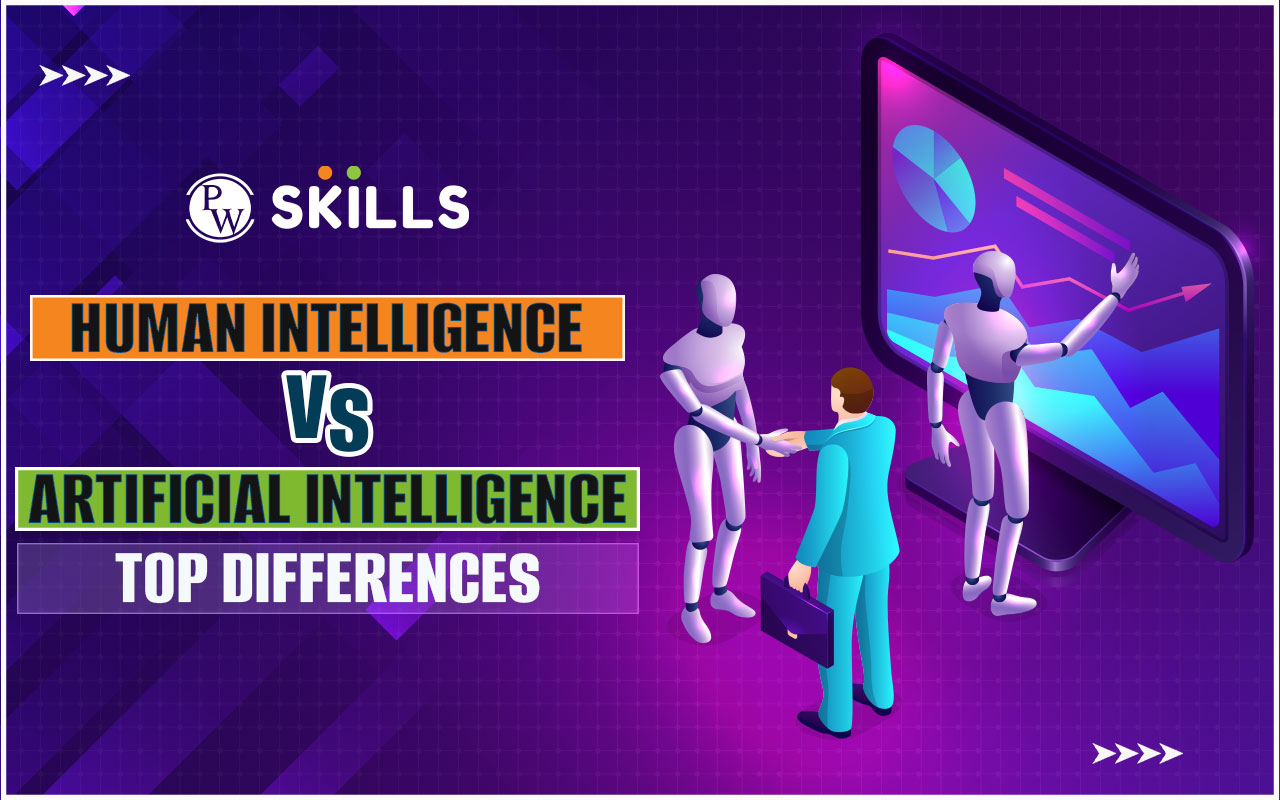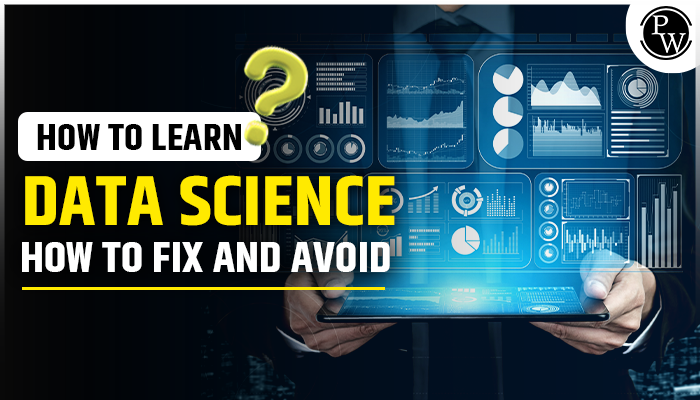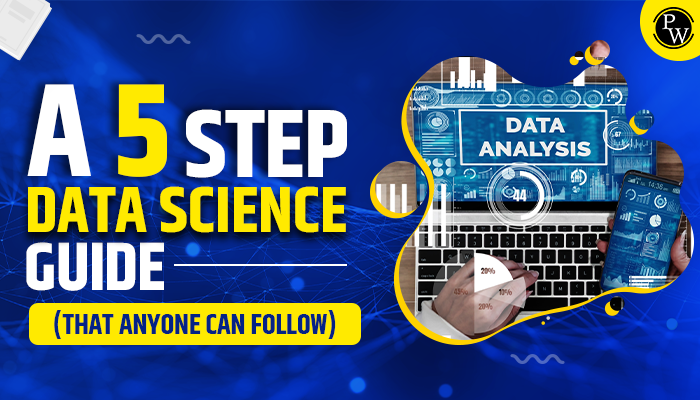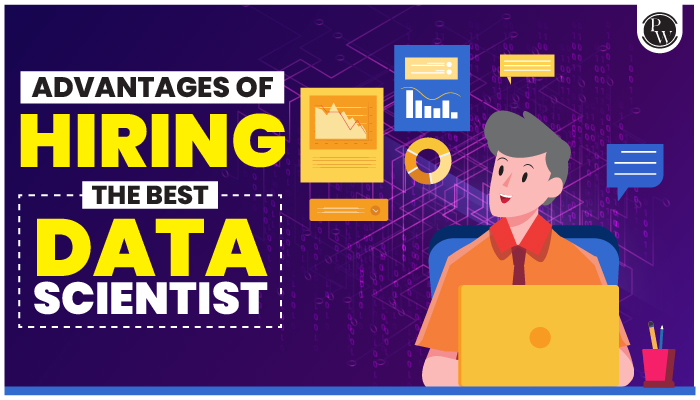Artificial Intelligence vs Human Intelligence: In an age where technology has become deeply embedded in our lives, it’s not surprising that the concept of artificial intelligence (AI) and its potential to revolutionize industry is increasingly on everyone’s mind.
AI can be seen everywhere from robotic manufacturing lines churning out perfect products with maximum efficiency to trading algorithms transforming markets overnight–but how does it compare to the human experience?
In this post, we’ll explore some of the major differences between AI and human intelligence, looking at both sides of the debate in order to make a more informed decision about the future of these technologies. With a compassionate lens on both camps, we’ll ultimately touch upon whether humanity will ever have anything to fear when it comes to AI taking over.
Downloading human intelligence vs artificial intelligence PDF can help you to understand the basics of these intelligence. If you are interested in learning more about Artificial Intelligence then Mastering Generative AI: Data Science by Physics Wallah is a great course to start with! Don’t forget to use the “READER” coupon & get discount on your purchase. With great technology come greater possibilities, so let’s take advantage of what we know about artificial intelligence – and help it grow into something even more powerful than before!
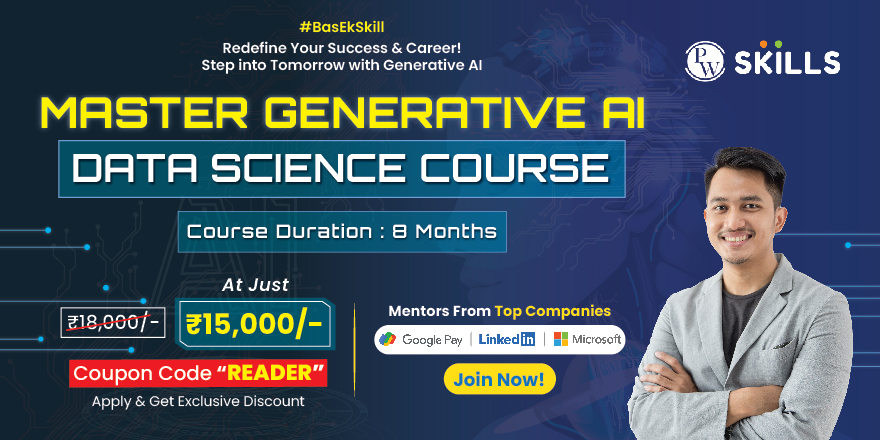
What is Artificial Intelligence?
Artificial intelligence encompasses computers exhibiting characteristics akin to the human brain, allowing them to engage in critical thinking, decision-making, and enhanced productivity. At its core, AI relies on human-derived insights that can be translated so that machines comprehend tasks ranging from the simplest to the most complex.
These synthesized insights result from intellectual activities such as research, analysis, logical reasoning, and observation. Artificial intelligence encompasses a spectrum of tasks, including robotics, control mechanisms, computer vision, scheduling, and data mining.
Also read: What is Artificial Intelligence (AI), Applications, Examples, Companies, Course
What is Human Intelligence?
The genesis of human intelligence and behavior can be traced to an individual’s unique blend of genetics, upbringing, and exposure to diverse situations and environments. It fundamentally depends on one’s ability to shape their surroundings through the application of newly acquired information.
The information provided by AI is diverse. It can offer insights into individuals with similar skill sets or backgrounds, reveal diplomatic information obtained by a locator or spy, and ultimately furnish details about interpersonal relationships and the alignment of interests.
Recommended Technical Course
- Full Stack Web Development Course
- Generative AI Course
- DSA C++ Course
- Java+DSA 1.0 Course
- Data Analytics Course
- Data Science with ML 1.0 Course
Difference Between Human Intelligence and Artificial Intelligence in Tabular Form
Here are the key differences b/w artificial intelligence and human intelligence:
| Difference Between Human Intelligence and Artificial Intelligence in Tabular Form | ||
| Aspect | Human Intelligence | Artificial Intelligence |
| Self-awareness and Consciousness | Possesses self-awareness and consciousness | Lacks self-awareness and consciousness |
| Source of Intelligence | Innate, acquired through genetics, upbringing, education | Programmed algorithms, machine learning, data processing |
| Physical Actions | Executes a wide range of physical actions | Limited to tasks and actions for which it is programmed |
| Emotional Intelligence | Inherent emotional understanding | Limited emotional comprehension, lacks subjective experiences |
| Creativity and Innovation | Inherent creativity, abstract thinking | Can simulate creativity based on learned patterns |
| Learning Process | Adaptable, complex, learning from various experiences | Rule-based learning, pattern recognition, data-driven learning |
| Problem-Solving Approach | Intuitive, context-aware, holistic | Systematic, algorithmic, follows predefined rules |
| Adaptability to New Situations | Highly adaptable, can handle unforeseen scenarios | Limited adaptability, relies on predefined parameters |
| Biological Limitations | Subject to physical and cognitive limitations | Not constrained by biological factors |
| Ethical Decision-Making | Influenced by personal values, ethics, and cultural norms | Based on programmed rules and guidelines |
Also read: Top 10 Artificial Intelligence Companies in India
Is Human Intelligence Better Than Artificial Intelligence?
Human intelligence and artificial intelligence (AI) have complementary strengths. AI excels in automating specific tasks and handling repetitive, data-driven jobs, while human intelligence brings nuanced thinking and creativity to complex problem-solving scenarios.
Although AI can replicate certain aspects of human intelligence, it may need help with the subtleties of human experience and detecting the most intricate patterns.
Human intelligence generally boasts a more powerful thinking capacity than artificial intelligence, especially in terms of creativity and complex reasoning.
Both human and artificial intelligence have unique strengths, and their combined application can lead to more effective problem-solving and task execution.
Artificial Intelligence vs Human Intelligence Essay
Here are some key points you can use in AI vs human intelligence essay:
1) Distinct Nature:
- Human intelligence relies on complex cognitive processes and consciousness, adapting to new environments.
- Artificial Intelligence (AI) is machine-based, focusing on replicating human tasks through algorithms and data processing.
2) Speed and Efficiency:
- AI exhibits superior speed and efficiency in processing information due to its machine nature.
3) Task Handling:
- AI excels in repetitive, data-driven tasks, providing data-based outcomes.
- Human intelligence encompasses creativity, emotional understanding, and adaptability, surpassing AI in these domains.
4) Objective:
- AI aims to replicate human behavior, while human intelligence seeks holistic understanding and adaptation.
Artificial Intelligence vs Human Intelligence Group Discussion
In a group discussion on artificial intelligence (AI) vs. human intelligence, several key points can be considered:
- Automation and Job Replacement: AI has the potential to automate specific tasks and jobs, possibly replacing humans in certain areas.
- Analogous Nature: Human intelligence and AI differ in their nature. Human intelligence is organic, while AI relies on digital machines.
- Debate on AI Replacing Humans: The discussion can explore both sides, with some arguing that AI may eventually replace human intelligence entirely.
- Head-to-Head Comparison: Differences between AI and human intelligence can be discussed, emphasizing the attempt of AI to replicate human behavior and tasks.
- AI’s Purpose: AI aims to replicate human behavior, while human intelligence focuses on understanding, reasoning, and performing human-like actions.
The group discussion should delve into the nuances of automation, the nature of intelligence, and the ongoing debate about AI’s potential replacement for human intelligence.
Artificial Intelligence vs Human Intelligence Debate
The artificial intelligence (AI) vs. human intelligence debate revolves around several key differences:
1) Automation and Specialization:
AI excels in automating specific tasks, potentially replacing humans in certain areas requiring repetitive or specialized skills.
2) Pattern Recognition:
AI’s advantage lies in its ability to detect subtle patterns efficiently.
3) Thinking Capacity:
Human intelligence possesses a more powerful thinking capacity than AI, emphasizing qualitative aspects and creative problem-solving.
4) Humanlike Traits:
While AI exhibits humanlike features, distinctions persist between natural and artificial intelligence.
Also read: Scope of Learning Artificial Intelligence in India 2023
Artificial Intelligence vs Human Intelligence – What Future Holds?
The ongoing debate between humans and artificial intelligence (AI) revolves around their strengths and limitations. One of the significant advantages of AI lies in its unparalleled ability to discern intricate patterns concealed within vast datasets. This proficiency positions AI as a formidable force in handling repetitive tasks, a quality poised to reshape various industries shortly.
Consider an AI agent trained as an insurance approver, meticulously evaluating thousands of variables during its analytical processes. This depth of analysis, ranging from historical healthcare costs to online purchasing histories, promises to enhance decision-making accuracy significantly.
Industries characterized by repetitive tasks, such as warehouse management, service delivery, and construction, may witness the gradual displacement of specific roles as AI systems streamline and automate routine processes, rendering them more efficient but potentially obsolete.
Authors Kai-Fu Lee and Chen Qiufan, in their book ‘AI 2041,’ highlight the importance of creativity and strong social skills in specific domains where human expertise shines. As a result, there are specific job avenues that, at least for now, remain beyond the reach of AI replacement:
- Scientists and Researchers: The curiosity, intuition, and creativity inherent in scientific exploration remain distinctly human qualities that AI has yet to replicate fully.
- Artists: Creativity, artistic expression, and emotional depth remain firmly within human capability.
- Leadership Portfolios: Leadership demands a combination of strategic thinking, emotional intelligence, and ethical decision-making that currently remains a distinctly human domain.
- Healthcare Professionals: Compassion, empathy, and nuanced decision-making in healthcare settings are areas where the human touch is irreplaceable.
- Lawyers: Legal expertise involves not only knowledge but also nuanced interpretation, persuasive communication, and ethical considerations, which AI may need help to navigate.
- Personal Care Workers: Roles requiring empathy, understanding, and personalized care for individuals, particularly in healthcare and eldercare, involve uniquely human qualities.
- Entrepreneurs: The vision, risk-taking, and adaptability integral to entrepreneurship draw on a combination of cognitive abilities that AI has yet to emulate fully.
- Activists and Social Workers: Advocacy, community engagement, and the ability to navigate complex social dynamics make these roles challenging for AI to replicate.
- Teachers: The dynamic nature of teaching, adapting to individual learning styles, and fostering creativity are intrinsic to human educators.
In contemplating the future of artificial intelligence versus human intelligence, it becomes evident that while AI holds transformative potential, certain domains will continue to rely on the unique capabilities of the human mind. The intersection of AI and human expertise will likely shape a future where each contributes to areas aligned with their strengths.
Impact of AI on the Future of Jobs
AI will greatly impacts the future of jobs:
-
Automation of Tasks
The most prominent impact of AI is the digitization and automation of tasks previously performed manually across diverse industries. Tasks involving repetition or extensive data utilization are now handled digitally. Computers execute these tasks without the constant need for human intervention, streamlining processes and increasing efficiency.
-
Economic Growth Model
Effectively utilized, AI has the potential to boost productivity and collaboration within companies, fostering substantial growth. This can lead to an increased demand for goods and services, contributing to an economic growth model that enhances prosperity and elevates living standards.
-
Role of Work
In the AI era, understanding employment beyond mere sustenance is crucial. It acknowledges the fundamental human need for involvement, co-creation, dedication, and a sense of purpose. Even seemingly mundane tasks at work become meaningful, and if automation eliminates certain roles, they should be replaced with opportunities for human expression and contribution.
-
New Opportunities
AI introduces new opportunities by automating tasks that were traditionally labor-intensive. Technological advancements have led to the creation of novel fields like digital engineering. While certain manual jobs may become obsolete, the evolution of technology opens doors to fresh career paths and opportunities.
-
Growth of Creativity and Innovation
With AI handling routine and physical tasks, experts have more time to focus on analysis, providing innovative solutions, and engaging in operations within the realm of human intellect. Robotics, AI, and industrial automation complement human skills rather than replace them.
To help you get started on this journey of knowledge and understanding, why not take a look at Master Generative AI: Data Science by Physics Wallah? Besides being packed with valuable information about generative AI and data science, you can even avail of exclusive discounts with “READER” coupon!
Also read: Artificial Intelligence Course Syllabus 2024
Will AI Replace Humans?
While AI excels at automating specific tasks, complete replacement of humans is unlikely. AI is most effective in handling repetitive, data-driven tasks and making decisions based on data. Human attributes such as creativity, critical thinking, emotional intelligence, and complex problem-solving remain irreplaceable.
The future of AI is envisioned as a collaboration between humans and machines, where AI enhances human capabilities, allowing them to concentrate on higher-level tasks demanding ingenuity and expertise. It is crucial to perceive AI as a tool augmenting productivity and unlocking new possibilities rather than a complete substitute for human involvement.
FAQs
In what areas does Human Intelligence outshine Artificial Intelligence?
Human Intelligence surpasses AI in creativity, emotional intelligence, complex problem-solving, and tasks requiring a nuanced understanding of social dynamics. Human intuition, adaptability, and ethical decision-making are key strengths.
Are there jobs that AI cannot replace?
AI is less likely to replace specific jobs involving creativity, empathy, and complex social interactions. Examples include roles in healthcare, mental health professions, teaching, entrepreneurship, and artistic endeavors.
What is the future collaboration between AI and Human Intelligence?
The future likely involves a collaboration between AI and human intelligence. AI can augment human capabilities, automate routine tasks, and provide valuable insights, while humans contribute creativity, emotional understanding, and ethical decision-making.
Can AI systems make ethical decisions?
AI systems operate based on algorithms and data inputs. While they can be programmed with ethical guidelines, true ethical decision-making involves understanding context, values, and societal nuances, areas where humans currently excel.
How does the use of AI impact job markets?
The widespread adoption of AI may lead to the automation of certain jobs but can also create new opportunities. Jobs requiring uniquely human skills, such as creativity, critical thinking, and emotional intelligence, will likely remain in demand.

